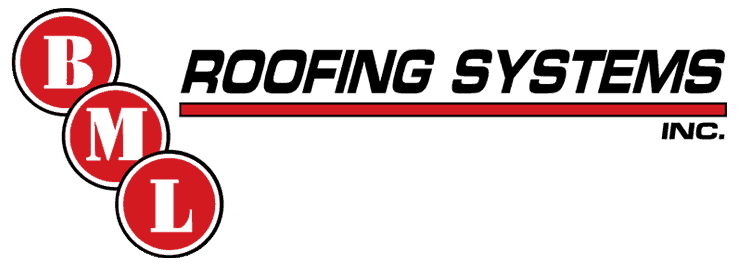Common Materials Used by Commercial Roof Repair Companies
Roof restoration isn’t a job that anybody can do. Commercial roof repair companies operate in a specialized industry with its own terminology, knowledge, and tools. When dealing with business-grade roofing, these providers work on a larger scale and must achieve craftsmanship that withstands stiff weather conditions and meets the heavy demands of businesses.
It’s no surprise then that commercial roof repair companies use a wide variety of materials in their work. When deciding on the ideal option for your project, professionals gauge the strengths and drawbacks of each material in the context of your use case and preferences.
Let’s talk about some of the most common materials used in roof repair and in what cases each works best.
PVC
PVC stands for polyvinyl chloride. These roofs are multilayered and come with polyester reinforcements. Not only lightweight and easy to install, but PVC is durable against wind, water, heat, and even chemicals. Some commercial roof repair companies can even make them resistant to the sun’s UV rays. You’ll often see this material used for flat roofs.
However, PVC isn’t perfect. It’s known to shrink over time and strain the building’s structure in the process. It’s also expensive and not too durable against colder climates. PVC roofs also call for careful maintenance as they aren’t easy to repair.
EPDM
Ethylene propylene diene monomer, or EPDM, is the primary ingredient of rubber-based roofs, which offer great value for the money thanks to low prices and ease of installation. They’re also lightweight and thus easy to repair and maintain and tend to last up to 2 decades.
The drawbacks of EPDM are that they’re vulnerable to sudden shock damage from hailstorms or falling branches. The thick, black rubber coating that covers the roof absorbs heat readily in the summer, raising air conditioning costs. Plus, many companies don’t like how they look.
TPO
Thermoplastic polyolefin, or TPO, is another low-cost solution for your roofing needs. Commercial roof repair companies love to advertise its ability to reflect heat and reduce internal cooling costs. TPO is also resistant to corrosion, algae, and mildew growth.
During TPO roof installation, the contractor fastens the leak-resistant seams to add additional protection against rain and seeping water.
One aspect of TPO worth mentioning is that it’s weak against fire damage, so your business will have to invest even more in fire retardants.
Commercial Roof Repair Company | BML Roofing | Brantford – Kitchener – Hamilton
Not sure which roofing material is ideal for your purposes? Get in touch with a professional commercial roof repair company. The roofing experts at BML Roofing have the knowledge and experience to provide your company with the service it needs.
Ever since 1972 , we’ve been proudly helping commercial, residential, and municipal projects across Toronto and the GTA achieve their roofing goals.
If you’re frustrated with roofing companies that don’t prioritize your business every step of the way, call us at BML Roofing.
- Commercial roofing isn’t an easy task; it requires specialized knowledge and tools to meet the high standards of businesses. The most common materials for roofing are PVC, EPDM, and TPO, each with its own strengths, drawbacks, ideal use cases, and maintenance requirements.
- PVC is expensive but incredibly durable against weather and wear and tear. EPDM is a rubber-based solution that lasts long but tends to heat up your business in the summer. TPO is an inexpensive option resistant against corrosion and mildew but is prone to heat damage.
- To make the job easier for you, contact a commercial roof repair company that serves your region. If you’re around the Toronto, Kitchener, or Hamilton area, get in touch with BML Roofing.

